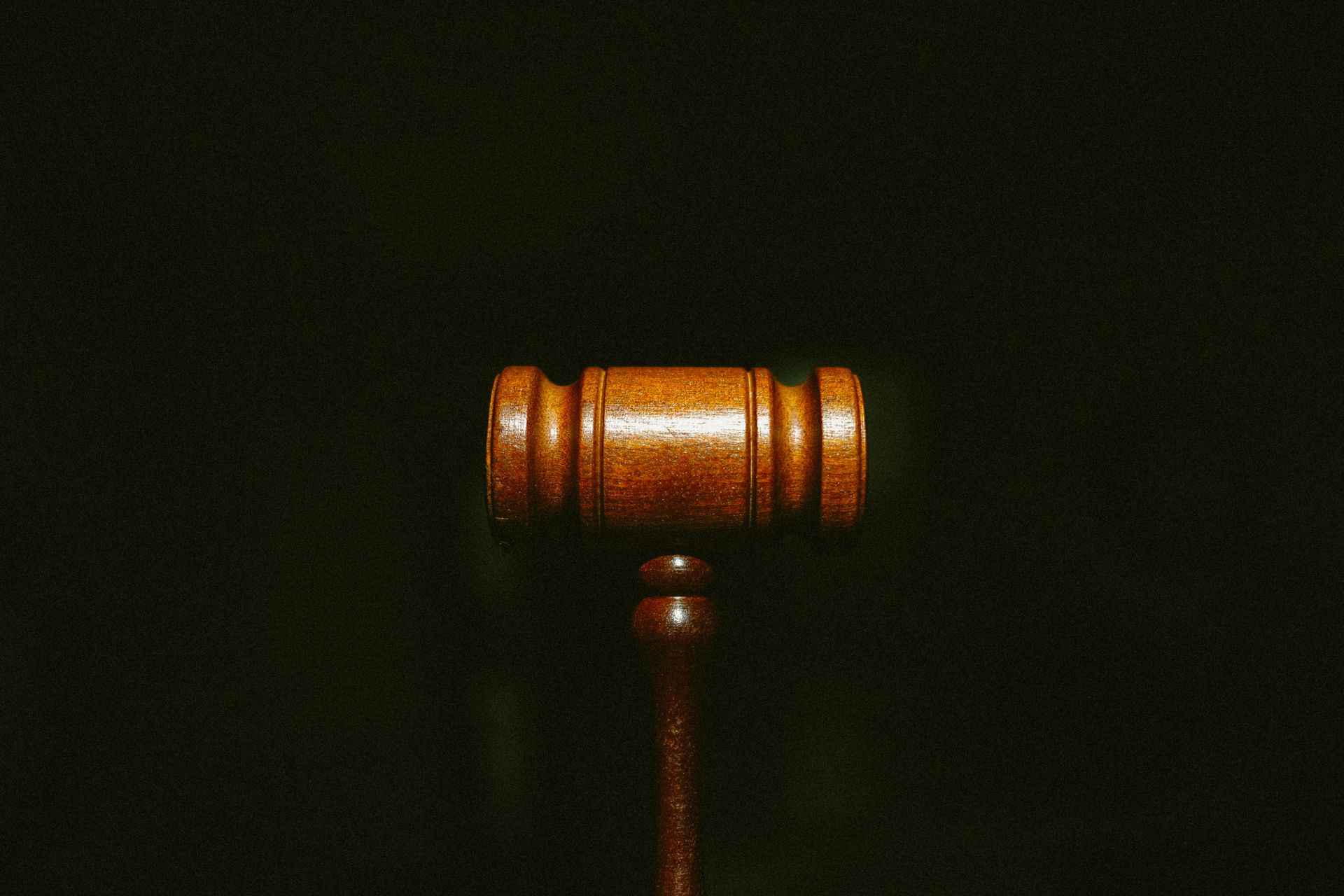Elon Musk OpenAI lawsuit has reignited, bringing fresh flames to the artificial intelligence arena. Elon Musk’s latest legal move against the company he invested in in 2015 has tongues wagging and keyboards clacking in the tech world.
This new chapter in the ongoing tension between Musk and OpenAI promises to be as gripping as a blockbuster thriller, with twists and turns to rival any courtroom drama.

The plot thickens in the Elon Musk OpenAI lawsuit
Musk’s claim that OpenAI has strayed from its original non-profit mission is at the heart of this legal battle. In the lawsuit filed in federal court in Northern California, OpenAI, its CEO Sam Altman, and co-founder Gregory Brockman are accused of abandoning their original goals. Musk argues that the company is now reserving its most advanced AI technology for private clients, which he sees as a betrayal of the organization’s founding principles.
This isn’t the first time Musk has taken legal action against OpenAI. He filed a similar lawsuit in February, which he later dropped in June after OpenAI published old emails related to the company’s creation. However, the new lawsuit goes further, nearly doubling in length and including claims of racketeering activity.
The lawsuit paints a picture of betrayal and deceit, with Musk’s lawyers describing the situation as having “perfidy and deceit… of Shakespearean proportions.” They claim that Musk was “manipulated” into co-founding OpenAI and that the company’s partnership with Microsoft “flipped the narrative” of its original mission.

How much of OpenAI does Elon Musk own?
The Elon Musk OpenAI lawsuit has unveiled intriguing details about the complex relationship between Musk and the AI company. According to documents released by OpenAI, Musk’s financial commitment to the organization was less substantial than initially portrayed. While he announced an initial $1 billion funding commitment, the non-profit actually raised less than $45 million from Musk, compared to more than $90 million from other donors.
The lawsuit also sheds light on the internal conflicts that led to Musk’s departure from OpenAI. The company claims that Musk sought majority equity, initial board control, and the CEO position in discussions about creating a for-profit entity. When these demands were not met, Musk allegedly suggested merging OpenAI into Tesla, describing it as the “only path that could even hope to hold a candle to Google.” These revelations add layers of complexity to the Elon Musk OpenAI lawsuit, highlighting the tensions between idealistic goals and practical realities in the rapidly evolving field of artificial intelligence.

Elon Musk OpenAI lawsuit and others
The 83-page lawsuit delves into the complex relationship between OpenAI and Microsoft. It alleges that Altman, in partnership with Microsoft, created “an opaque web of for-profit OpenAI affiliates” and engaged in “rampant self-dealing.” The lawsuit claims this led to the draining of valuable technology and personnel from the nonprofit organization.
OpenAI has previously dismissed Musk’s claims as “incoherent” and “frivolous.” The company even published emails from Musk that seemed to contradict his current stance, showing his acknowledgment of the need for substantial funding to power OpenAI’s AI ambitions.
The Elon Musk OpenAI lawsuit seeks to establish a “constructive trust” on what it calls the defendants’ “ill-gotten gains” traceable to Musk’s contributions to OpenAI. It also asks for a judicial determination that OpenAI’s license to Microsoft is “null and void.”
The legal battle comes amid heightened scrutiny of OpenAI. The company is also facing investigations from the Federal Trade Commission and the Securities and Exchange Commission. Some high-profile security leaders have also left the company, citing concerns about prioritizing product offerings over security measures.
Featured image credit: Furkan Demirkaya / Bing AI





